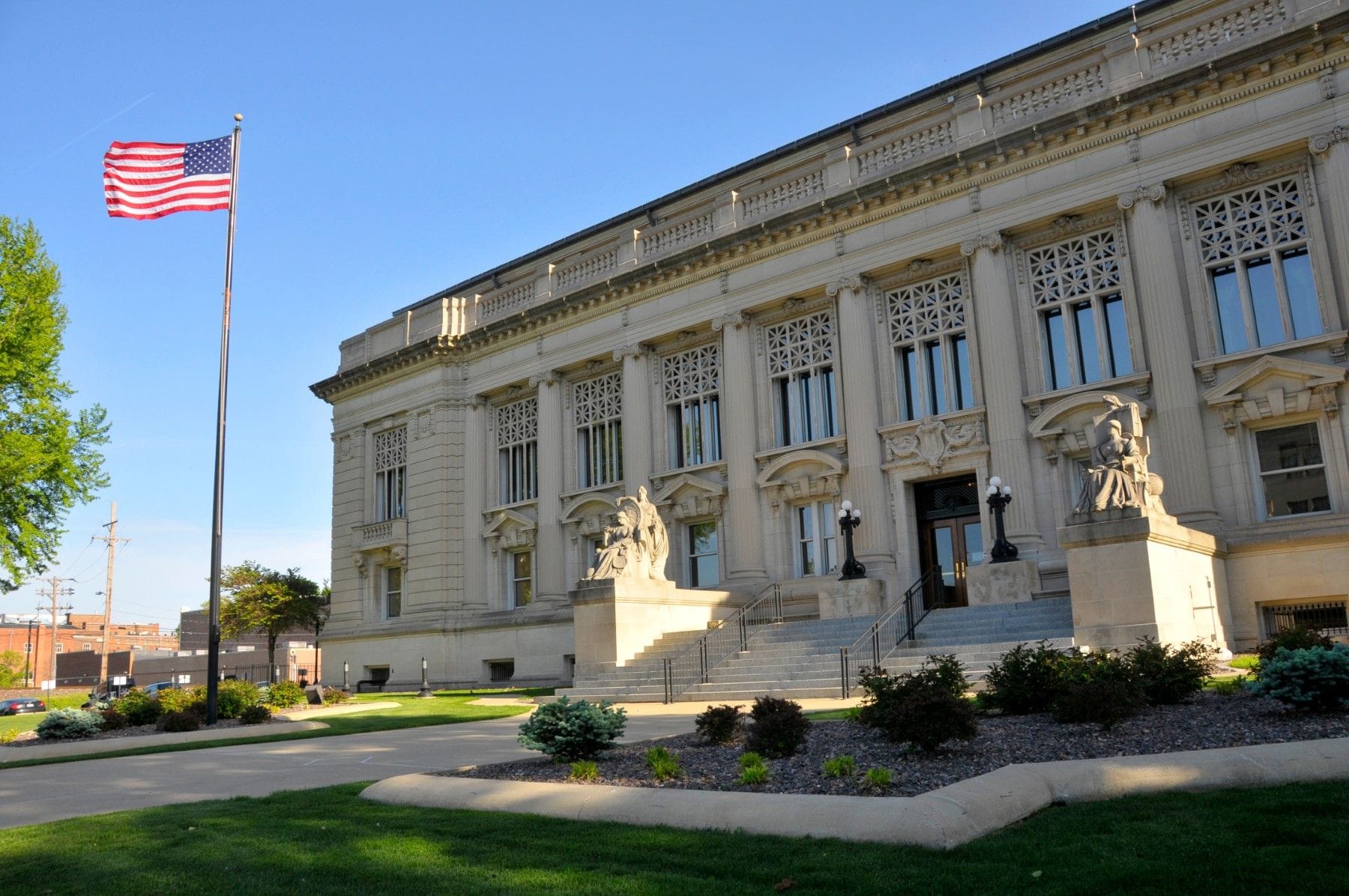Illinois Expert Witness Disclosure Requirements
Illinois requires expert witness disclosures to ensure fair trials, emphasizing timely and detailed information, along with ongoing updates to maintain compliance.
Updated on
In this article
When Are Expert Witness Disclosures Required in Illinois?
In Illinois, the timing for expert witness disclosures is governed by the Illinois Supreme Court Rules, specifically Rule 213. The rules stipulate that expert witness disclosures should be made as soon as practicable but no later than deadlines set by the court or by agreement of the parties. Initial disclosures typically occur during the discovery phase, with deadlines often set by a case management order.
The timing for supplemental disclosures follows a similar mandate. Parties are required to supplement their disclosures as necessary to include information thereafter acquired if the party learns that the disclosure was incomplete or incorrect. This ensures that all parties have access to the most current information and can prepare their cases accordingly. The specific timelines for supplemental disclosures are often outlined in court orders and must be adhered to diligently to avoid potential penalties.
Information That Must Be Included in the Disclosure
Under Illinois Supreme Court Rule 213(f), the disclosure of expert witnesses must include detailed information to allow the opposing party to prepare for cross-examination and rebuttal effectively. The required information includes:
- Expert Qualifications: A detailed account of the expert's qualifications, including education, professional experience, and any relevant licenses or certifications.
- Opinions: A comprehensive statement of all opinions the expert will express and the basis and reasons for each opinion.
- Data Considered: A list of all documents, evidence, or other data the expert considered in forming their opinions.
- Fee Structures: Disclosure of the compensation agreement between the expert and the retaining party, detailing the fee structure.
- Prior Testimony: A list of other cases in which the expert has testified as an expert at trial or by deposition within the preceding four years.
These elements ensure transparency and provide the opposing party with sufficient information to challenge the expert's qualifications and opinions effectively.
Supplementing and Amending Expert Disclosures
The duty to supplement or amend expert disclosures in Illinois is an ongoing obligation. Rule 213(i) outlines that parties must update their disclosures promptly if they learn that the information previously provided is incomplete or incorrect. Supplementation is crucial when new information arises that might affect the expert's opinions or when the expert's opinion evolves due to new evidence or analysis.
Failing to appropriately update disclosures can lead to significant consequences, including the exclusion of the expert's testimony or other sanctions. It is, therefore, imperative for parties to maintain diligent communication with their experts and promptly relay any updates to opposing counsel and the court.
Consequences of Failing to Properly Disclose an Expert
The failure to properly disclose an expert witness in Illinois can result in severe penalties. The most immediate consequence is the potential exclusion of the expert's testimony. Under Rule 219(c), a court may impose sanctions, including barring the expert from testifying, if a party fails to comply with disclosure requirements.
Other potential consequences include:
- Motions to Strike Experts: Opposing parties may file motions to exclude the expert from the case, arguing that inadequate disclosure has prejudiced their ability to prepare.
- Sanctions: Courts may impose monetary sanctions or other disciplinary measures for non-compliance.
- Litigation Risks: Improper disclosures can undermine a party's case, leading to unfavorable rulings or settlements.
These consequences underscore the critical nature of adhering to disclosure rules, as non-compliance can significantly impact the outcome of litigation.
State-Specific Rules and Key Considerations
Illinois' rules on expert witness disclosures have several distinctions from the Federal Rules of Civil Procedure (FRCP). Notably, Illinois Rule 213 requires more detailed disclosures compared to the FRCP, emphasizing the need for comprehensive and clear information about the expert's opinions and the basis for those opinions.
Key considerations for practitioners in Illinois include:
- Adherence to Court Orders: Case-specific management orders often dictate precise timelines and requirements for disclosures, necessitating careful attention to detail.
- Local Court Variations: Different jurisdictions within Illinois may have additional local rules impacting disclosure requirements, making it vital to consult local rules and practices.
- Importance of Documentation: Thorough documentation of all communications with experts and records of their analyses is crucial to ensure compliance and facilitate supplementation.
Understanding these nuances and diligently adhering to the rules and timelines can significantly enhance a party's ability to effectively utilize expert testimony in Illinois courts.


